How Does A Sewage Treatment Plant Work Uk Biodigester: Expert Reveals Biodigester Works [useful Guide]
Hey friend! Have you ever wondered about how sewage treatment plants work? It's actually fascinating how these plants help in cleaning up the waste and protecting the environment. Let's dive into the details and discover the whole process!
1. Understanding Sewage Treatment Plants
Sewage treatment plants play a crucial role in treating wastewater from our homes, industries, and businesses before it is released back into the environment. They remove impurities and harmful pollutants, ensuring that the water returned to rivers or oceans is as clean and safe as possible.
There are different types of sewage treatment plants, but we'll focus on one of the most commonly used processes known as the activated sludge method.
2. The Activated Sludge Method
The activated sludge method is a biological process that uses microorganisms to break down and remove organic matter in wastewater. Here's how it works:

1. Preliminary Treatment: When wastewater reaches the treatment plant, it goes through a preliminary treatment. In this step, large debris and solid particles, such as sticks, rags, and sand, are removed. This prevents damage to pumps and other equipment.
2. Primary Treatment: The next stage involves physical processes to further remove solid materials. The wastewater is held in large tanks, allowing the heavy solids to settle to the bottom as sediment, forming what is called "primary sludge."
3. Secondary Treatment: Now comes the fascinating part! The wastewater moves into aeration tanks where it is mixed with microorganisms called activated sludge. These microorganisms consume and digest the remaining organic matter in the water.
The aeration tanks are filled with oxygen, which promotes the growth of aerobic bacteria. These bacteria break down the organic matter into smaller particles, or flocs, through a process called enzymatic decay.
As the bacteria consume the organic matter, they produce more sludge. A part of this sludge is recycled back into the aeration tanks to maintain the population of bacteria, while the excess sludge (also known as waste activated sludge) is removed for further treatment.
4. Final Treatment: After the microorganisms have had their feast, the partially treated wastewater flows into settling tanks. Here, the remaining activated sludge settles to the bottom as a sludge blanket, while the clarified water moves to the next step.
5. Advanced Treatment: To ensure that the water is safe and meets the required standards, some treatment plants employ additional processes. This may include the use of filters, chlorine, ultraviolet light, or other disinfection methods to remove any remaining bacteria, viruses, or other harmful organisms.
6. Discharge or Reuse: Lastly, the treated water, which is now much cleaner and safer than before, is released back into nearby bodies of water. In some cases, treated wastewater can even be treated to a higher level and reused for non-drinking purposes such as irrigation or industrial processes.
3. Waste Water Treatment Plants
While sewage treatment plants focus on treating domestic and industrial wastewater, there are also specialized plants for handling specific types of wastewater, like those produced by industries. Let's take a peek into how wastewater treatment plants work in general.

The process in a wastewater treatment plant shares some similarities with sewage treatment, but it has a few key differences.
1. Collection and Screening: Just like in sewage treatment plants, wastewater is collected from homes, businesses, and industries. It then goes through a screening process to remove larger solid materials that could damage equipment.
2. Primary Treatment: Similar to sewage treatment, the primary treatment aims to remove solid materials further. Large settling tanks allow the heavier solids to settle down and form primary sludge, which is later removed.
3. Secondary Biological Treatment: This is the most critical stage in wastewater treatment. Microorganisms, including bacteria and other microbes, are added to aeration tanks to break down organic compounds and nutrients present in the water.
The microorganisms consume the organic matter, converting it into carbon dioxide, water, and more microbial biomass. This process, known as activated sludge treatment, significantly reduces the organic load in the wastewater.
4. Final Treatment: After the secondary treatment, the wastewater undergoes further processes to remove any remaining impurities. These may include chemical treatments, such as chlorination, to kill any remaining bacteria and disinfect the water.
5. Sludge Treatment: Just like in sewage treatment plants, the sludge produced during the treatment process needs to be treated separately. This involves removing excess water from the sludge and treating it to make it safe for disposal or reuse.
6. Discharge, Reuse, or Sludge Utilization: The treated water is released into nearby water bodies or can be further treated for reuse. The sludge, after undergoing additional treatments, can also be used as fertilizer or converted into biogas through anaerobic digestion.
4. The Impact of Sewage and Wastewater Treatment
Now that we know how sewage and wastewater treatment plants work, let's take a moment to appreciate their significance for both the environment and our health.
Environmental Impact:
Without proper wastewater treatment, the water released back into rivers, lakes, or oceans could be filled with harmful pollutants and disease-causing microorganisms. Sewage and untreated wastewater can wreak havoc on aquatic ecosystems, leading to water pollution and endangering marine life.
By treating wastewater before it is discharged, treatment plants protect water sources and ensure the well-being of aquatic ecosystems. They help to maintain a balance in the natural environment and minimize the impact on fragile ecosystems.
Human Health:
Untreated wastewater contains bacteria, viruses, parasites, and other contaminants that can cause diseases like cholera, typhoid, and hepatitis. It also carries various chemicals and toxins that can contaminate drinking water sources, posing significant health risks to communities.
Proper treatment of sewage and wastewater helps to eliminate or significantly reduce these health risks. Treating wastewater effectively ensures that water bodies are not contaminated with harmful substances, safeguarding public health and preventing the spread of waterborne diseases.
5. The Importance of Proper Maintenance and Upkeep
Sewage and wastewater treatment plants are complex systems that require regular maintenance and continuous monitoring to ensure their smooth operation. Proper upkeep and adherence to guidelines and regulations are vital to achieve efficient treatment and avoid any potential risks.
Plant operators regularly test the treated water for various parameters, such as chemical composition, pH levels, and microbial content, to ensure that it meets the required standards before being discharged or reused.
Additionally, the sludge produced during the process requires proper management and disposal. Many treatment plants have implemented sludge treatment technologies to convert it into useful byproducts, such as biogas or fertilizer, reducing waste and environmental impact.
6. Conclusion
So, there you have it, my friend! Sewage and wastewater treatment plants play a vital role in keeping our environment clean and protecting public health. The activated sludge process, along with other essential treatment steps, ensures that wastewater is purified, removing harmful contaminants before safely returning it to our ecosystems.
Next time you turn on the tap or flush the toilet, remember that there's an entire process behind the scenes working tirelessly to ensure water is treated and safe for everyone. Let's appreciate these incredible systems that contribute to a cleaner and healthier world!
If you are looking for Wastewater Treatment for Pollution Control | Saving Earth | Encyclopedia Britannica you've came to the right web. We have 35 Pics about Wastewater Treatment for Pollution Control | Saving Earth | Encyclopedia Britannica like How are soybeans serving as cheaper alternative for water purification?, How Does a Sewage Treatment Plant Work? | Professional Installation and also DiscoverWater. Here you go:
Wastewater Treatment For Pollution Control | Saving Earth | Encyclopedia Britannica
 www.britannica.com
www.britannica.com wastewater sludge sewage anaerobic disposal digestion hydrolysis britannica secondary dewatering processing solids stages pollution biomass disidratazione biogas flotation pulp digested
How Do Sewage Treatment Plants Work? | Chokhavatia Associates
 chokhavatia.com
chokhavatia.com sewage treatment work plants
What Size Sewage Treatment Plant Do I Need? - Drainage Superstore Help & Advice
 www.drainagesuperstore.co.uk
www.drainagesuperstore.co.uk treatment sewage plant drainage need advice help
Sewage Treatment Plant - Lastmar Mühendislik – High Quality Engineering Services
 www.lastmar.com
www.lastmar.com sewage treatment plant marpol annex discharge water iv sea pollution stp effluent details
Sewage Treatment Plant - Sewage Treatment Plant Exporter, Manufacturer, Service Provider
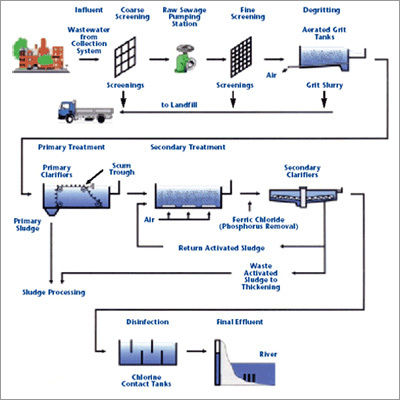 shubhaminc.tradeindia.com
shubhaminc.tradeindia.com sewage
EnvironIndia
 www.environindia.in
www.environindia.in effluent sewage sludge clarifier mechanism reactor batch
How Sewage Treatment Plant Works | STP Plant Process, Stages | Netsol
 www.netsolwater.com
www.netsolwater.com sewage netsol
Water | Free Full-Text | Environmental Sustainability Assessment Of A New Sewage Treatment Plant
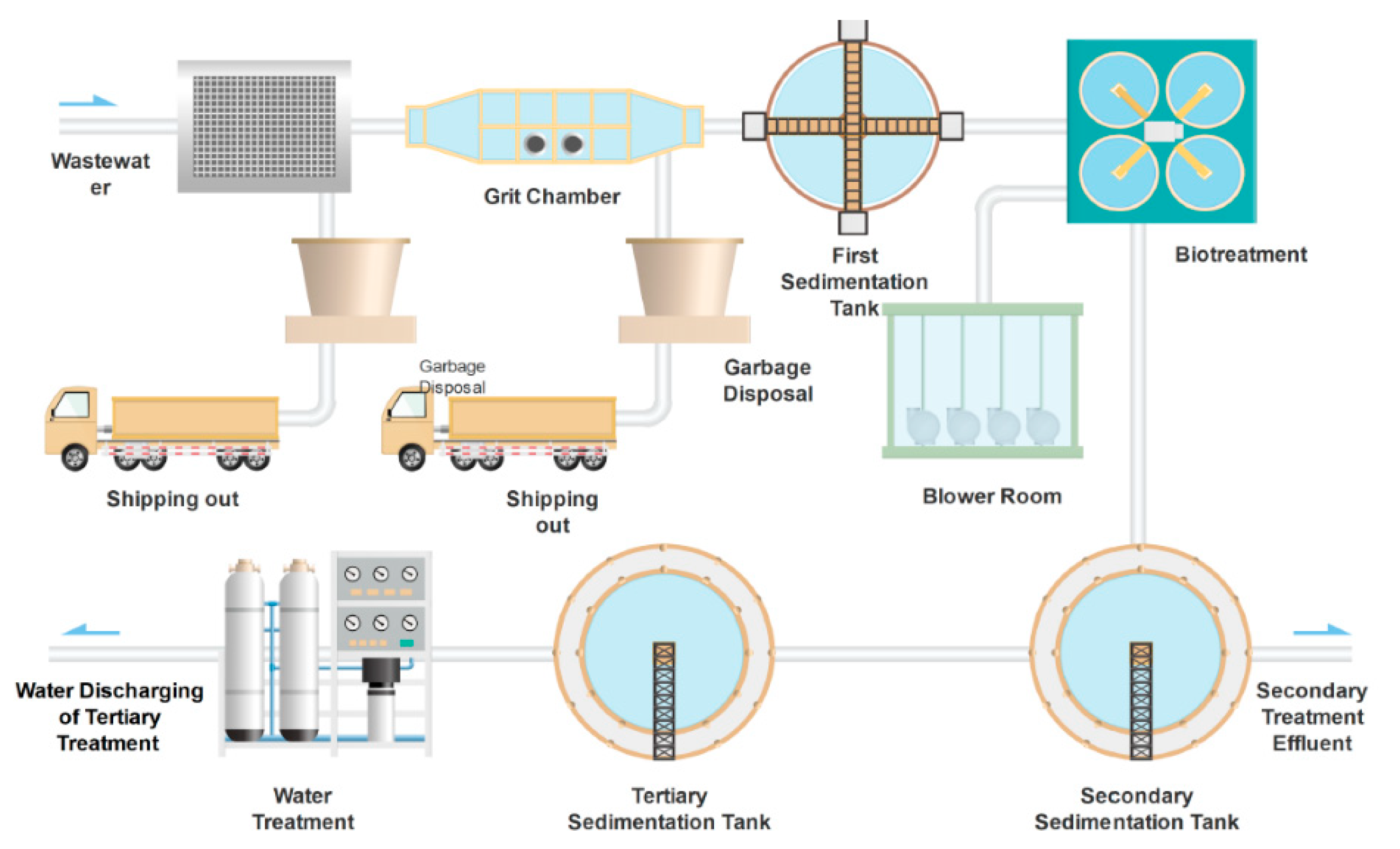 www.mdpi.com
www.mdpi.com sewage wastewater phases emergy sustainability assessment
How Does A Sewage Treatment Plant Work? | Reference.com
 www.reference.com
www.reference.com work treatment sewage plant does reference michaelis mark credit cc
Biodigester: Expert Reveals How Biodigester Works [Useful Guide] | Sewage Treatment, Septic Tank
![Biodigester: Expert Reveals How Biodigester Works [Useful Guide] | Sewage treatment, Septic tank](https://i.pinimg.com/originals/25/ef/df/25efdf40d6c06a348f78d1045bec43b5.gif) www.pinterest.com
www.pinterest.com biodigester septic treatment sewage biogas sewer hpdconsult reinforced
(Pengenalan) Sewage Treatment Plant Adalah ~ General Kontraktor, Kontraktor Elektrikal
 industrimanufakturtangerang.blogspot.com
industrimanufakturtangerang.blogspot.com sewage centralised stp sewer sakit bekasi kontraktor mekanikal elektrikal limbah zimsec
How Does A Sewage Treatment Plant Work? | Professional Installation
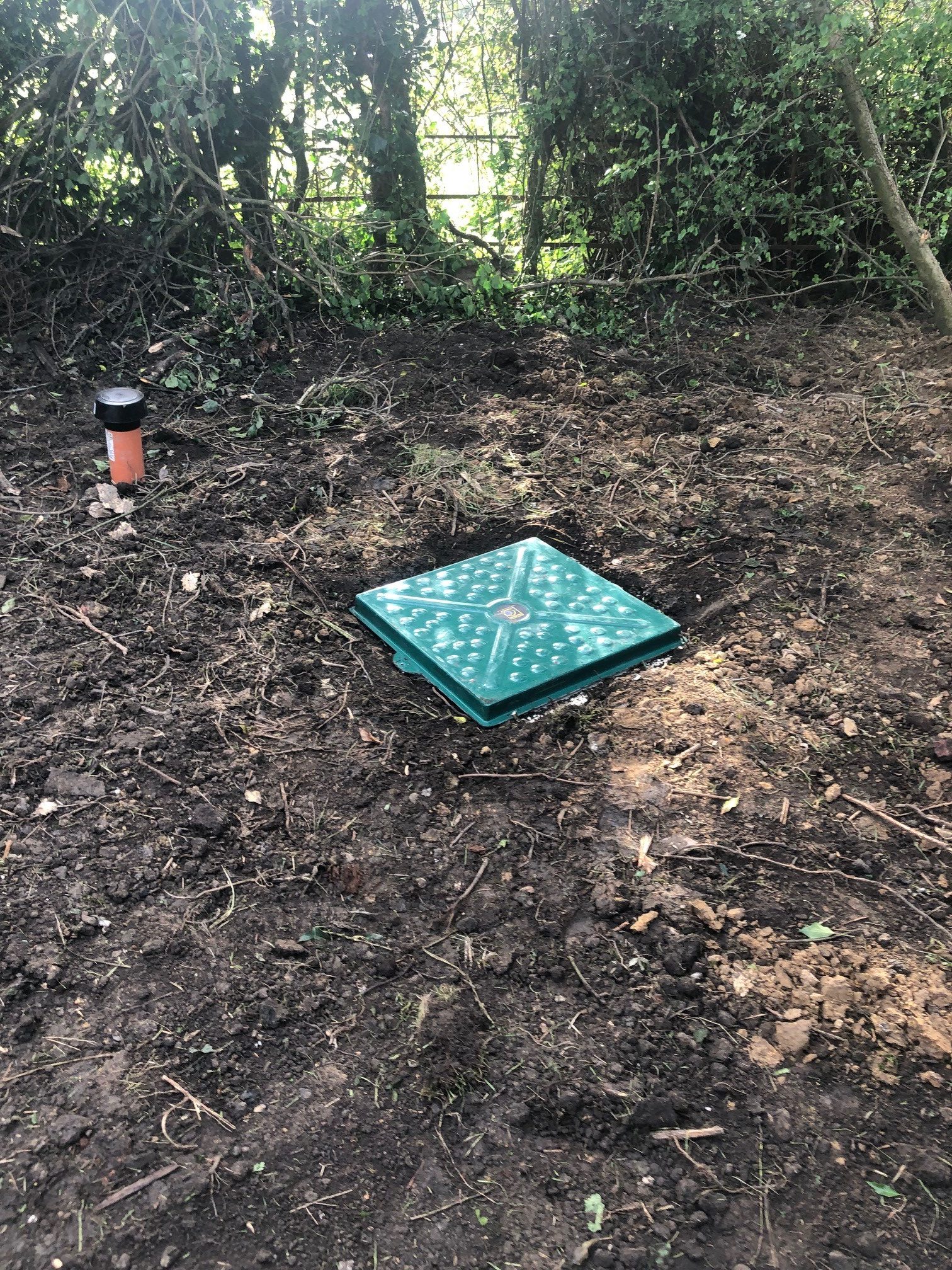 www.coastaldrains.co.uk
www.coastaldrains.co.uk sewage cesspit
Sewage Treatment Plant To Be Set Up At Vijayawada - Urban Update
 urbanupdate.in
urbanupdate.in sewage vijayawada
Waste Water And Sewage Treatment Process | Visual.ly
waste sewage water process treatment infographic wastewater graphic visual step supply embed website
DiscoverWater
treatment sewage water wastewater does where go works plants happens used clean collected
ජලයේ ගුණාත්මකභාවය සහ අපජලය – Www.thathu.com
 thathu.com
thathu.com How Does A Sewage Treatment Plant Works | Sewage Treatment Plant, Sewage Treatment, Wastewater
 www.pinterest.com
www.pinterest.com How Are Soybeans Serving As Cheaper Alternative For Water Purification?
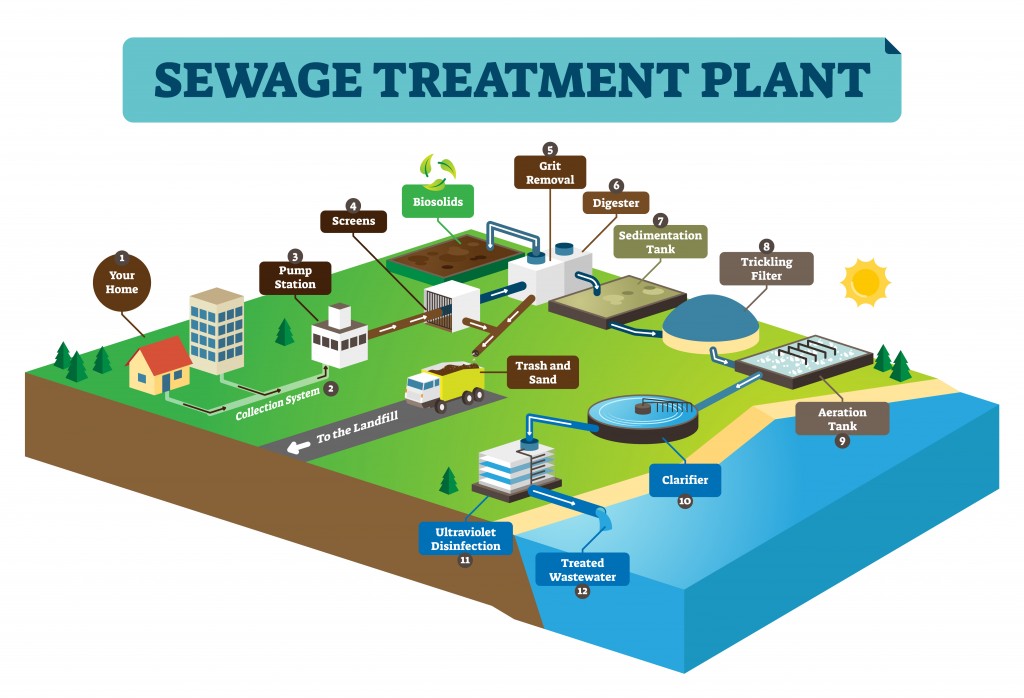 www.scienceabc.com
www.scienceabc.com sewage wastewater sewer acqua biomass soybeans sewerage purification sporca depurazione impianto quenching thirst scienceabc
Sewage Treatment Plant Manufacturers In Chhattisgarh - Industrial RO Plant Manufacturers In
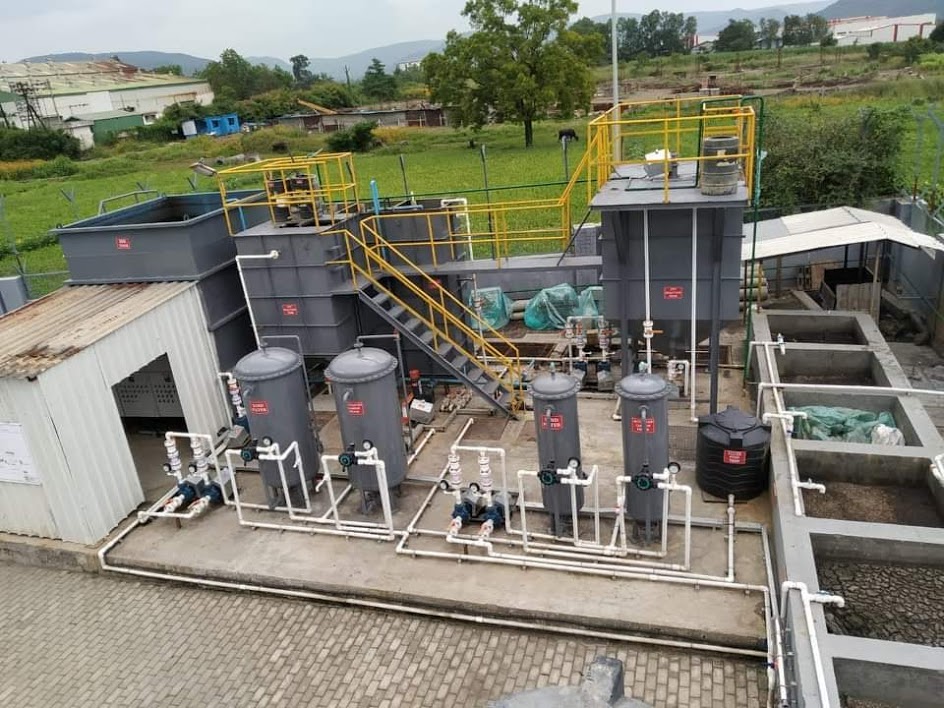 neer-roplant.com
neer-roplant.com How Does A Sewage Treatment Plant Work? | Wastewater
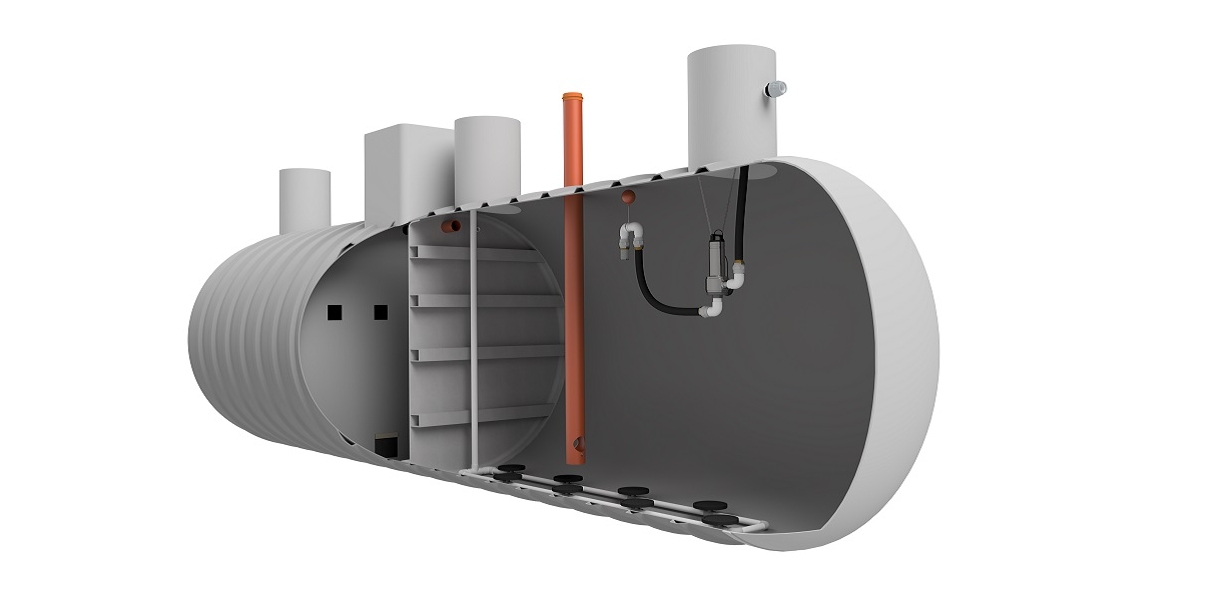 www.premiertechaqua.com
www.premiertechaqua.com sewage plant wastewater
Sewage Treatment Plant Guide | Free Quote | 0800 3101092
 www.homeseptic.co.uk
www.homeseptic.co.uk treatment sewage plant guide workings inner
Tricel Novo: How Does A Domestic Wastewater Treatment Plant Work
 tricel.co.uk
tricel.co.uk plant treatment wastewater does work domestic tricel novo sewage chamber tank settlement primary
Sewage Treatment Plants: Working, Maintenance And Importance | TahoNews
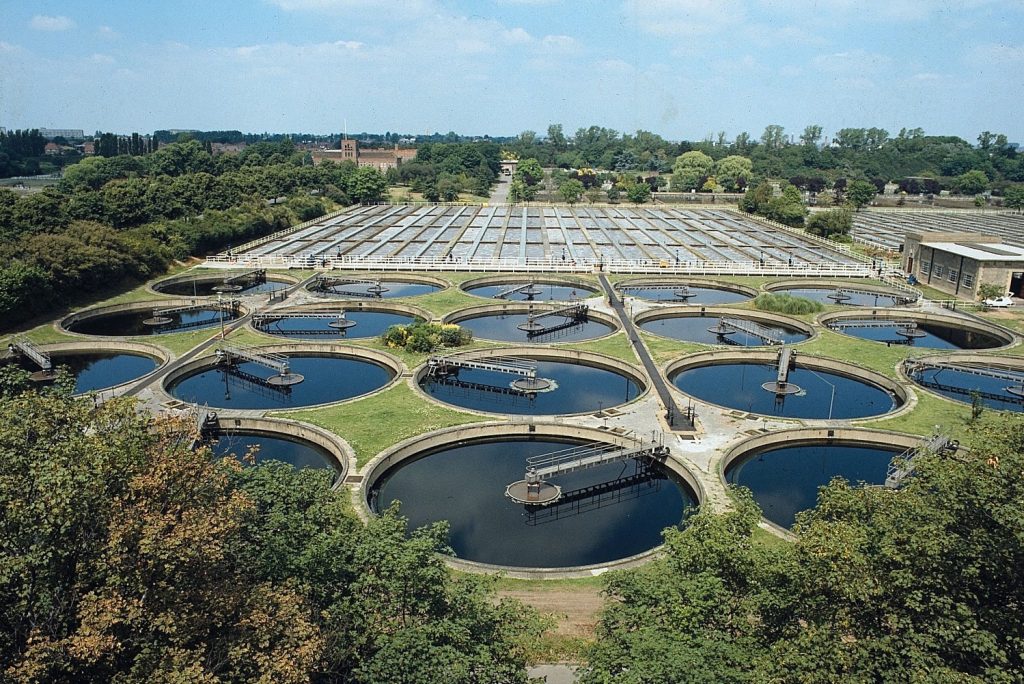 www.tahonews.com
www.tahonews.com treatment sewage water works plant thames plants launched river stw upgrade upgraded isleworth efficiency benchmarks improve service technology facility kolkata
How Do Wastewater Treatment Plants Work? - YouTube
 www.youtube.com
www.youtube.com treatment wastewater plants work
Wastewater Treatment Plants | Springfield, MO - Official Website
wastewater infographic wwtp
How Does A Sewage Treatment Plant Work? - RJP Environmental
 rjpenvironmental.co.uk
rjpenvironmental.co.uk sewage
Sewerage Treatment Plant | Project Suppliers
 projectsuppliers.net
projectsuppliers.net sewerage
7 Important Things About The WasteWater Infrastructure - Design Swan
 www.designswan.com
www.designswan.com wastewater know
Sewage Treatment Plants | How Do Sewage Treatment Plants Work? | CSG
 www.csg.co.uk
www.csg.co.uk sewage drainage septic csg effluent mechanical
Sewage Treatment Plant Is Effective Wastewater Processes | Waste Solution
 wtsolution.blogspot.com
wtsolution.blogspot.com treatment sewage plant
INCH - Technical English | Sewage Treatment Plant
 inchbyinch.de
inchbyinch.de sewage plant treatment kläranlage
How Does A Waste Water Treatment Plant Work? | Sciencing
 sciencing.com
sciencing.com treatment plant water waste work
Amudu: Waste Water Treatment
 amudu-gowripalan.blogspot.com
amudu-gowripalan.blogspot.com treatment water waste plant sewage systems city drainage types plumbing wastewater system buildings human building effluent complete primary rohingya bazar
What Are Sewage Treatment Plants & How Do They Work?
 www.pumpingsolutions.co.uk
www.pumpingsolutions.co.uk sewage treatment work plants they plant
Septic Tank – Sewage Treatment Plants Bring Safety To Public Health And The Environment
 somosalameda.org
somosalameda.org treatment sewage process primary sludge secondary plants tank activated plant water management septic types using wastewater britannica technology public waste
Sewage treatment plant marpol annex discharge water iv sea pollution stp effluent details. How are soybeans serving as cheaper alternative for water purification?. Sewage netsol
Post a Comment for "How Does A Sewage Treatment Plant Work Uk Biodigester: Expert Reveals Biodigester Works [useful Guide]"